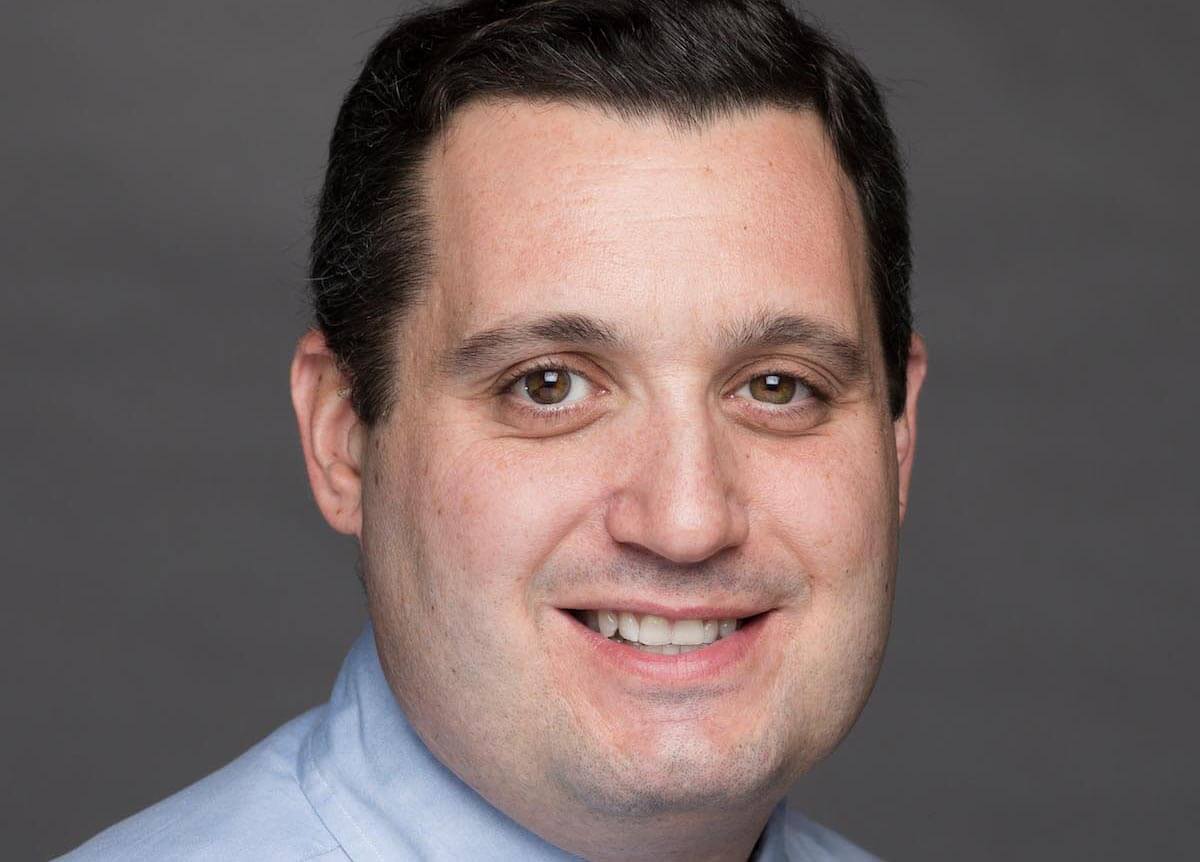
Professor awarded grant to continue award-winning podcast
July 02, 2023

July 02, 2023

Bogardus was inspired to cover the topic in the early 2000s after having many conversations with journalists that he worked with as a news producer in Washington, D.C. Bogardus finally decided to make the leap and start the podcast when the 20th anniversary of the attacks was nearing as well as the introduction of the Quinnipiac’s podcast studio.
The first step in creating the podcast was searching for someone with a great story to tell, said Bogardus. His process included reaching out to see if an individual was interested, conducting background research, and interviewing the person, later turning their conversation into a podcast.
“I take that conversation and turn it into a scripted narrative podcast, combining music, host narration, sound bites and occasionally archival sound clips,” said Bogardus. “Each story is unique, so this is the most labor-intensive part – trying to condense a long conversation into a 10-to-12-minute show that focuses on something interesting that only they can tell about that day.”
Bogardus’ first hope for the podcast is to create a record of what happened on 9/11 for current and future generations, he said.
“The stories need to be shared, especially with students who either weren’t born yet or were too young to remember that day, and with people who need to be reminded of the horror of 9/11, more than 20 years later,” said Bogardus.
Secondly, Bogardus wants to help show the best of what journalism has to offer, he said.
“The people who were reporting that day ran toward the danger and reported on it despite their own fears,” said Bogardus. “They viewed journalism as a public service and put their own needs aside to report on that day and the days that followed. That is something the public needs to know, especially in the current era, where journalists are too often criticized and not trusted by large segments of the population.”
In addition to the latest grant, Bogardus also received the 2022 Leibner Cooper Grant for Creative Productions on the History of Media for reporting on 9/11.
Bogardus, who teaches a course on podcasting, hopes that his work can show students how impactful podcasts can be as a medium for storytelling.
“Unlike a print or web article, where quotes are written out, listeners can hear the subjects’ stories in their own words and hear the emotion in their voices,” said Bogardus. “Showing students how this style tells a much more engaging story than a talk show is a way to ‘practice what I preach’ and encourage them to create more highly produced and creative podcasts of their own.”
Through bringing his idea to life, Bogardus has been able to learn a lot himself about the events of 9/11 and those closely affected by them.
“One thing I’ve learned is how deeply impactful 9/11 was to the journalists who covered it,” he said. “More than 20 years later, the events of that day are still crystal clear in their minds. I’ve also gained a renewed respect for the role of journalists in society. Hearing how people put their own fears aside to literally run toward danger as others were running away is something we all should aspire to be able to do if called upon.”
Bogardus is also the creator of the award-winning “Hunger in Hamden” podcast which explores how people around the Hamden, New Haven and Quinnipiac communities are fighting hunger and food insecurity.
Seasons one and two of “Reporting on 9/11” are available to listen to on Apple, Spotify and other major podcast platforms.
Quinnipiac Today is your source for what's happening throughout #BobcatNation. Sign up for our weekly email newsletter to be among the first to know about news, events and members of our Bobcat family who are making a positive difference in our world.
Sign Up Now